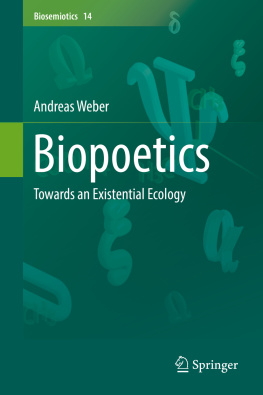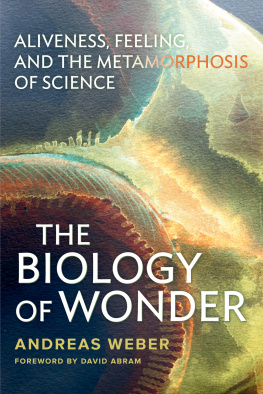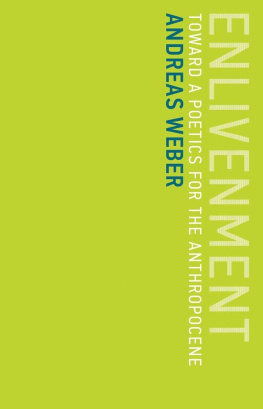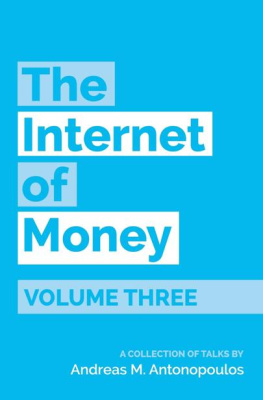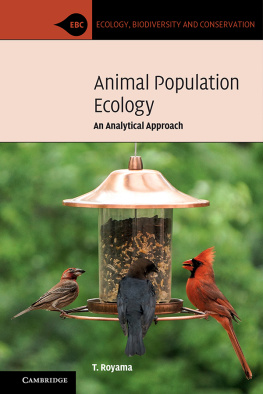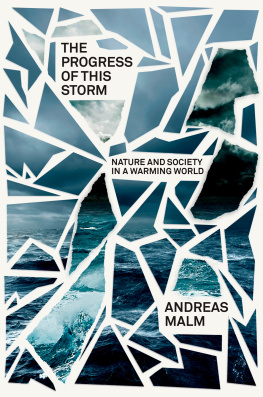1. Poiesis
In 1976, the Italian writer Italo Calvino published a famous collection of poetic prose, t zero . The story Blood, Sea recounts a sequence of events narrated from the first-person perspective of a blood cell, alternating with a story about human protagonists, told in the conventional perspective of the third person. In the story, among a lot of other astonishing relations, Calvino explores the fact that the water of the earths oceans shows a mineral composition which strikingly resembles that of our body fluids.
The blood plasma is the sea in which life once began. This ocean still fills us, as it fills all other lifeforms. Calvino imagined a narrative told by a blood cell, a cell, which is suspended in this primordial ocean within our bodies. He told a story from the perspective of life itself, or rather from the perspective of the life-giving ability of the primal fluid and its invitation to make intimate connections. He spoke from the standpoint of an outside which is also an inside.
Calvino invented Biopoetics avant la lettre . He envisioned a first-person-account of what is not human through our shared qualities, through our participation in a vast web of transformations. For Calvino, the poet, it was only evident that we are able to make statements about this network of changes and exchanges because we are a part of it, and we are concerned by it, as we are by our own fate. Poetic creativity is the power to know something through intimate participation. It is the power to know through recognizing which familiar qualities lie in what is totally different, and to find unexpected strangeness in oneself.
When we walk the seashore, the fringe of the true ocean, which lies before us and flattens the beach with the incessant caresses of its liquid weight, we involuntarily repeat Calvinos insight. Humans are drawn to the oceans shore, or to a journey across its waves, only to despair at accounting for the character of this yearning, this desire for closeness pulling them to search contact with what is very different to our outwardly dry and tight bodies, but which is nonetheless their central mystery. Why do we love the sea so much? Why are humans so inevitably drawn to what in many respects seems to be their anthithesis, blunt contradiction to their dependency on firm land, on the the green, gentle, and most docile earth (Herman Melville)?
The sparkling roar which greets the long curves of the pacific shoreline at Point Reyes, north of San Francisco, shining in a blinding white which seems to concentrate the suns entire energy in the crest of the breaking waves; the cosy algal thickets at the underside of the boulders which are strewn into the trembling froth; the cliffs and rocks steaming with wetness and salt dust against an oblique western sun; the squeaking seagulls, the tiny ducks who relish in their swift dives just when a breakers crest is about to topple down on them all these bodies and lifelines are present before our eyes and beyond our skins. But for the secret magic of perception of someone who has been born as a part of the world, and who needs its stuff to still her hunger and its liquids to quench her thirst, the rolling waves crashing on the shore are not outside, but inside.
Blood, Sea: the deeper message of Calvinos work is that the ocean is not an outer object, but truly our inside. It is our inside that happens to be able to be touched and smelled, and which can drown us. Here, although not many might have realized it at the time of publication of t zero , Calvino is extremely radical. He is no psychologist, nor a scientist, and at the very least he is a cultural criticist catching the weak human imagination projecting details of its cultural heritage to the outer world. Calvino is a poet, and as such he knows about the fact that true novelty in this world, and also true experiences of connection, only arise through the exchange, the breakdown and recreation of what is real.
He understands that our body is the way the sea thinks itself through being folded up into a confined space. He understands that our body is the way the ocean imagines itself having an outside. He knows that the ocean is the way we can experience our inside not as a symbol, but as an existential reality. The experience of the ocean is a way my body can think its inside to which it otherwise has no access.
In Blood, Sea, the ocean is not a metaphor for inwardenss. It is inwardness, seen from the perspective of a body, who is always both, metabolism, proteins and bones, but also concern, feeling and lust. If we connect to the ocean, Calvino suggests, we experience ourselves, but we experience that in us, which is so deeply inside that it is completely unknown. Our inner dimensions are oceanic. When we experience ourselves, in truth we have an experience of the ocean, of its vastness, wildness, bleakness, of its fecundity, desertion, and its unfathomable life-giving potential.
Our body is the fashion in which the ocean thinks its own enfolding into a tiny space. The ocean is the manner in which my body experiences its own inside. When I connect to the ocean, I can make contact to this inside, which is always there, as it is simply the means to make any experiences, but which I still cannot really see, as it is the means through which I am able to see in the first place.
The ocean which carries me on its waves and makes me feel carried, and embraced, and chilled, and rocked, and which makes me taste my salty self on my own lips, is an endless variation of how it is to be, not as a mere body in space, but as a part of that all-encompassing space which is me and the ocean. Floating in sea water means experiencing my inside by being touched by that which is inside and which at the same time totally is the other. It means experiencing myself as ocean by letting meet my inside and the other who is also an inside.
The ocean reveals itself as inwardness, as I connect to it through my body, and experience inwardness, and, in the roar of the waves, and the salty taste of the spray, this inwardness shows itself as being matter, and form. It shows that every being is the constant transformation of one into the other, of inwardness into matter, and of matter into experience. It shows that in experiencing, we are outside, and that we, as bodies with an outside, unfold meaning and existential concern. We see with our bodies. Through the touch of something which is a body outside of our bodies we can see ourselves, not as an outside, but as an inside.
Being an Organism Is Desire
The hypothesis of this book is that Calvino in his idea did not follow only a beautiful, but somewhat idiosyncratic quirk of a poet, but that he rather explained a basal truth. This truth is that reality and in it explicitly the biosphere is alive. This aliveness means that it not only shows a physical surface, a causal-mechanic behavior in space and time, but that it is constantly revealing meaning and inwardness. Biology is the sphere of existential relations expressing this inwardness, hence, it is poetic.
The idea which Calvino unfolds is a first-person-analysis of how organisms connect with one another. It is absolutely accurate, particularly because it does not only recount the story of a rupture and a separation, but also an intensification, a mirroring in the play of transformations: the general poiesis of reality translated into the poetics of words.

